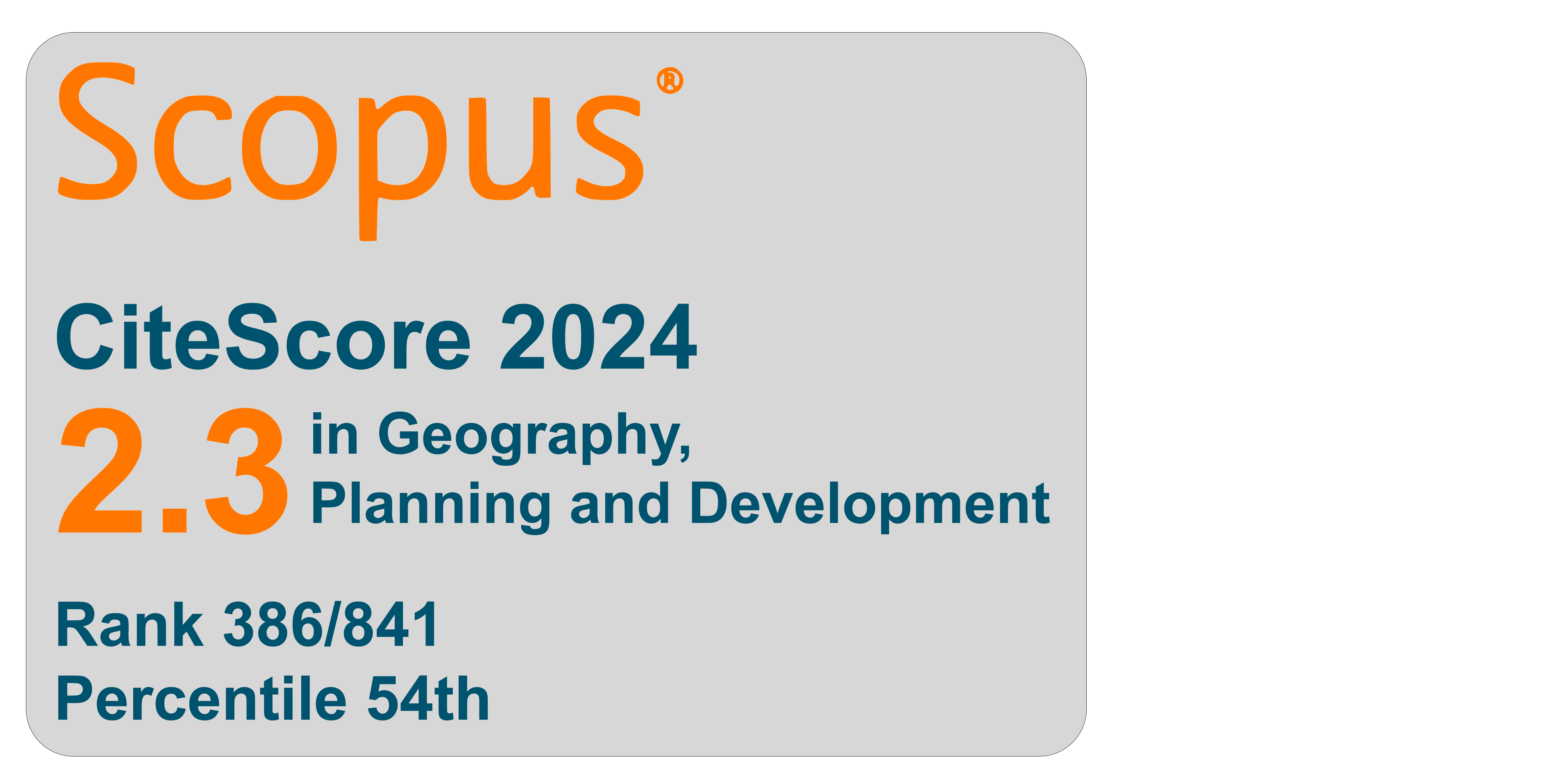A Methodology for Urban Sustainability Indicator Design
DOI:
https://doi.org/10.6092/1970-9870/5795Keywords:
sustainability measurement, urban sustainability, indicator design, climate changeAbstract
In recent times we have witnessed proliferation of indicators and models for measuring sustainability. This reveals the lack of common and shared scientific paradigm/common framework from which to confront the issue of quantitatively assessing the sustainability of our society.
With the aim of moving forward the definition of such common framework, in this article we explain an easy formal methodology for designing urban sustainability indicators based on Fuzzy Logic / Fuzzy Sets Theory. The interest of this methodology is threefold:
- Firstly, formal procedures enable easier testing, a most fundamental issue forgotten in many current proposals of sustainability indicators.
- Secondly, a formal procedure is easily understandable and can become a common language allowing shared use of the indicators and facilitating their continuous improvement.
- And thirdly, fuzzy logic is widely used in computing and artificial intelligence, thus facilitating the progressive automation of our sustainability monitoring models.
To help understand the procedure, the design of two indicators is reviewed.
Downloads
Downloads
Published
How to Cite
Issue
Section
License
Copyright (c) 2018 Ricardo Alvira Baeza

This work is licensed under a Creative Commons Attribution-NonCommercial 4.0 International License.


